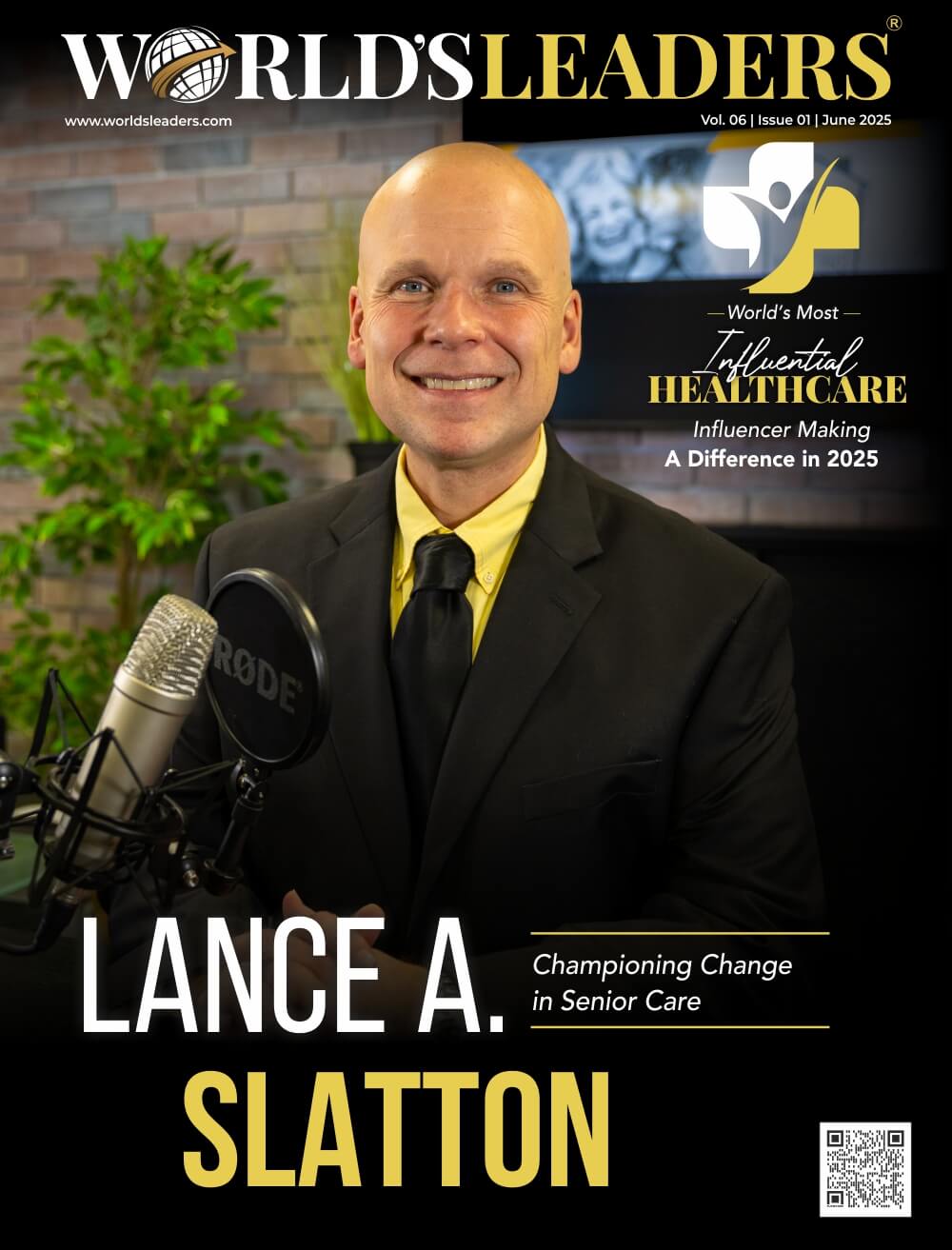Dr. Kimberly Beatty, Chancellor at Metropolitan Community College-Kansas City (MCC), is a lifelong educator committed to developing and leading programs that support students and meet the needs of the business community. Her career in higher education began in the four-year sector at Historically Black Colleges in Baltimore. A family business later took her to California, where she discovered the mission of community colleges. While running the business with her father, Dr. Beatty taught part-time at local community colleges and eventually decided to pursue full-time teaching.
After 12 years in the classroom and through progressive administrative roles, Dr. Beatty sought an administrative position where she could have a greater impact. At each level of her career—from dean to associate vice chancellor, vice chancellor, and now chancellor—she has focused on creating paths to prosperity for students. Her personal mission has always been to maximize her impact in higher education.
At MCC, Dr. Beatty envisioned building upon the existing Institutes, and in collaboration with the executive leadership team, she led efforts to develop the Advanced Technical Skills Institute in the heart of the city. She is also spearheading the development of Automotive and Agriculture Institutes, further expanding the college’s offerings and aligning them with the needs of the local business community.
Metropolitan Community College
Metropolitan Community College (MCC), founded in 1915 as the Kansas City Polytechnic Institute, is the oldest public institution of higher learning in Kansas City, Missouri, and was the first community college established in Missouri. Initially known as the Junior College of Kansas City starting in 1919, MCC was one of the first colleges in the United States to award associate degrees. Today, MCC offers over 120 associate degree and certificate programs.
Dr. Beatty’s role oversees the various MCC campuses: MCC-Blue River, MCC-Longview, MCC-Maple Woods, MCC-Online, and MCC-Penn Valley. These campuses educate about 20,000 students annually through credit and non-credit courses, as well as business services. A significant contributor to MCC’s success is the Metropolitan Community College-Penn Valley’s Health Science Institute, which has been operational since 2010. This success has led MCC to continue embracing the institute model, housing related academic programs and sharing facilities, equipment, and other resources.
Current and future institutes beyond the Health Science Institute include:
- Advanced Technical Skills Institute
- Agriculture Institute
- Automotive Institute
- Public Safety Institute
These centers of excellence are designed to provide specialized education and training while enhancing the educational experience and career readiness of MCC students.
Dedication to Professional Growth
Dr. Beatty has always prided herself on being a practitioner. She believes in making a significant investment in herself, staying very engaged at both the state and national levels to remain current on educational trends and technology that may enhance students’ experiences at MCC. Dr. Beatty emphasizes the importance of leaders possessing the necessary competencies to bring people together and make tough decisions rather than seeking quick fixes. She is committed to staying informed and continuously improving to ensure that the college provides the best possible education and support for its students.
Commitment to Quality Education and Community Engagement
As chancellor, Dr. Beatty embraces the ultimate responsibility for ensuring that Metropolitan Community College (MCC) provides quality teaching and learning experiences for its students. She is dedicated to recruiting and maintaining the best faculty, staff, and administrators, as well as advocating for the college on local, regional, and national levels. One of the most rewarding aspects of her role is encountering former MCC students in public spaces, such as the grocery store, who share their success stories and the positive impact MCC has had on their lives. These moments of recognition and connection happen more often than one might think bringing her immense joy and fulfilment in her work.
Mechanisms for Supporting Diverse Educational Needs
Dr. Beatty emphasizes the critical importance of equity in education, believing that equitable access to education is transformative for individuals and society. She acknowledges that not everyone begins their educational journey with the same resources or opportunities, and thus, there is a need to bridge gaps for those requiring additional support. Whether it’s individuals needing reskilling after layoffs, parents taking courses while their children are in school, workers pursuing degrees in the evenings, or high school students seeking affordable local education with transfer or job prospects, Dr. Beatty stresses the necessity of providing mechanisms to facilitate these dreams. At MCC, she is committed to ensuring that the college plays a pivotal role in creating these opportunities and supporting diverse educational needs.
Bold Career Moves
Dr. Beatty identifies the greatest risk she has taken as a professional as relocating her family five times throughout her career journey. She acknowledges the uncertainty and fear that come with such moves as one never knows how things will turn out. However, each step along her journey has prepared her for the next, making the risks well worth it. Reflecting on MCC’s future, Dr. Beatty envisions the college as Kansas City region’s first choice for higher education aligned with their strategic plan set to expire in 2031. This vision underscores her commitment to guiding MCC toward becoming a premier institution in the region.
Broaden Access to Higher Education
Metropolitan Community College has formally launched its online campus, offering Associate in Arts, Associate in Arts Teaching, and Associate in Applied Science (accounting, business management, logistics, cybersecurity or software development), degrees online. This new platform ensures that students globally will have equitable access to higher education.





